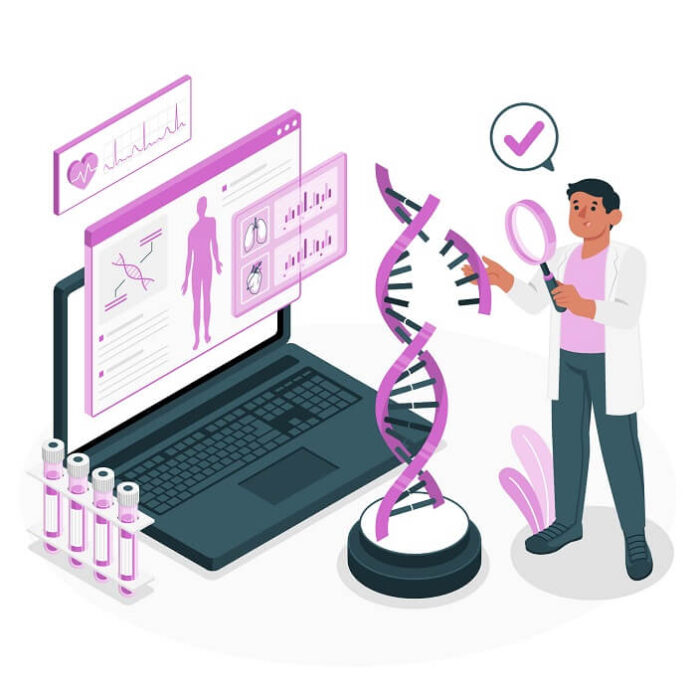New real-world data from Providence, Illumina (NASDAQ: ILMN), and Microsoft Research shows that early use of Comprehensive Genomic Profiling (CGP) significantly improves personalized cancer treatment and patient outcomes. Published in the Journal of Clinical Oncology – Oncology Practice (JCO-OP), the study reports findings from the first two years of a five-year real-world analysis.
Key Findings on CGP Impact
The study, involving 3,216 patients with advanced cancers, demonstrated the advantages of incorporating CGP early in the diagnostic process:
- Actionable mutations were identified in 67% of tumors with CGP, compared to 33% with small-panel testing.
- 52% of CGP-tested patients received matched targeted therapies or immunotherapies, compared to only 32% receiving conventional chemotherapy.
- Patients treated with targeted therapy showed a median overall survival of 25 months, significantly longer than the 17 months for those on chemotherapy alone (p<0.001).
Advancements in Care for NSCLC
A related study on advanced non-small-cell lung cancer (NSCLC) patients reinforced these findings. Patients tested with CGP had:
- A higher rate of actionable mutations (77% vs. 63% with small panels, p<0.001).
- Greater use of precision therapies (64% vs. 50%, p<0.001).
- Better median overall survival (16 months vs. 7 months, p<0.0001).
A Shift in Cancer Diagnostics
As reported by news-medical.net, these studies underscore the growing importance of CGP as a standard diagnostic tool in oncology. By analyzing hundreds of biomarkers in a single test, CGP enables oncologists to match patients with targeted therapies or immunotherapies more effectively and quickly than traditional small-panel tests.
Dr. Carlo Bifulco, chief medical officer of Providence Genomics and study co-author, emphasized, “Patients tested with CGP received biomarker-matched therapy more often, which led to better outcomes.”
Overcoming Barriers to Access
While CGP offers significant benefits, challenges such as insurance coverage and logistical issues hinder its broader adoption. The study observed improved outcomes after removing financial barriers, with CGP tests provided at no cost to participants.
“By eliminating cost constraints, we demonstrated the effectiveness of tumor molecular profiling and its associated precision treatments,” said Alexa Dowdell, MS, lead author and Providence bioinformatics scientist.
Role of AI and Data Integration
Microsoft Research’s natural language processing tools were instrumental in analyzing clinical data, identifying mutations, and matching patients to relevant clinical trials. These AI-driven tools streamlined genomic interpretation and supported molecular tumor boards in making informed treatment decisions.
Implications for Policy and Practice
The findings build evidence for insurers to support CGP as a first-line diagnostic test. John Fox, senior director of Market Access at Illumina, stated, “These real-world results across multiple tumor types demonstrate that CGP improves survival, paving the way for evidence-driven coverage decisions.”
This data further illustrates a paradigm shift in oncology, with precision medicine increasingly replacing conventional treatment approaches, offering patients a more personalized and effective path to care.
























